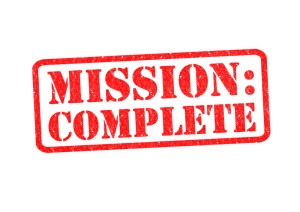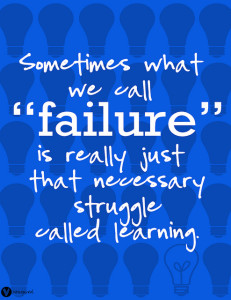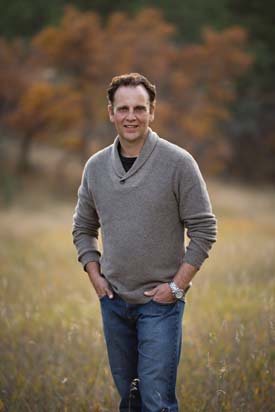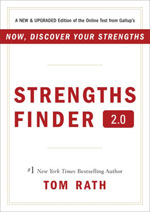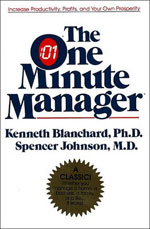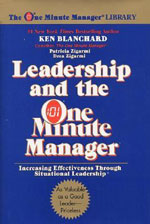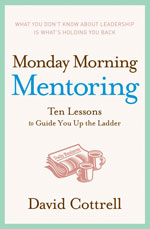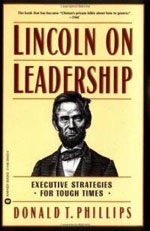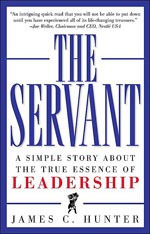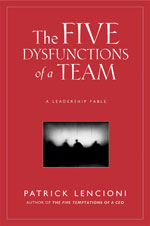 A survey released by Expedia.com showed that 55% of workers come back from time off without feeling rejuvenated, while others struggle to cope with work-related stress while they’re away. In another survey, 69% of workers check in with the office at least once or twice a week while on vacation.
A survey released by Expedia.com showed that 55% of workers come back from time off without feeling rejuvenated, while others struggle to cope with work-related stress while they’re away. In another survey, 69% of workers check in with the office at least once or twice a week while on vacation.
In an article I read recently regarding work/life balance, the author quoted Alan Langlieb, a Baltimore psychiatrist from Johns Hopkins University: “It used to be that work was like a belly button, you were either in or out,” said Dr. Langlieb, “and now, for most people who work, they’re always in.” Dr. Langlieb added that “technology allows you to be at work 24 hours a day anyplace in the world.” He also said, “You end up seeing nonstop work where there’s never really an off period.” Americans are not only working more during office hours, but they are also paying more attention to their jobs during vacations.
Like many of you, I am guilty of this practice as well. Over the years, I have taken many vacations in the U.S. and abroad and have never truly disconnected from work. With the advancement of technology, there are very few places in the world we can go where we cannot be reached. One can argue that with the commercialization of satellite phones, soon there will be no place on earth one cannot make a phone call or check email.
This blog was inspired by a vacation I experienced recently. A month ago, I took a river rafting trip down the Colorado River in the Grand Canyon. This vacation was unique: whether I wanted it or not, I was not going to have access to my cell phone or email for seven days. I am embarrassed to admit that the Friday before I left for my vacation, I had to ask someone from IT to show me how to set up my “out of office” auto reply.
As we traveled deep into the canyon and made our way to the river, I remember watching the bars on my cell phone start to disappear. I sent one last text to my wife that said “Love you; talk to you in seven days.” This was unnerving for my wife, and it felt surreal to me. No email, no phone calls, no news, no stock market quotes—just nature and Class 5 rapids!
Surprisingly, not having access to email or phone was not as traumatic as I thought it would be. Before I departed, I took all the necessary actions to make sure I had no outstanding issues that needed my attention. I made sure that if any issues arose in my absence, there were processes in place to deal with them. When I started my vacation, everything was taken care of, so worrying about what might happen while I was out of the office was pointless. The most impactful aspect about being completely cut off from the outside world was that I could not be distracted from my river rafting trip. From day one to the last day of the trip, I was recharging my batteries, clearing my mind of all the clutter we accumulate during the day-to-day grind. Most importantly, I was having the time of my life.
As I reflect on my vacation, I realize that I learned the tremendous benefit of taking the time to truly unplug and recharge. I came back to work with a refreshed perspective of work/life balance. I now have a renewed and stronger passion for my company’s success and my relationship with my family. In addition, I feel enabled to be a more patient and connected leader to the people I serve within my organization.
With several weeks left in the summer, many of you will be taking vacations in the coming weeks. I encourage you all to take care of yourselves and those around you. As managers and colleagues, let’s support one another while we take time to unplug and recharge. The whole team benefits when we are fresh and prepared to tackle the daily challenges on the road to success with unwavering commitment.
I want to thank Outdoors Unlimited (www.outdoorsunlimited.com), specifically guides Keith, Heather, Tom, Dave, Matt, John, Rory, and Analise, for keeping us safe, sharing their passion for the river with us, feeding us well, and becoming as much a part of the experience as the Grand Canyon itself. Below is a photo collage of my trip. I highly recommend this vacation to anyone who is looking for a different type of relaxation and a true adventure.




